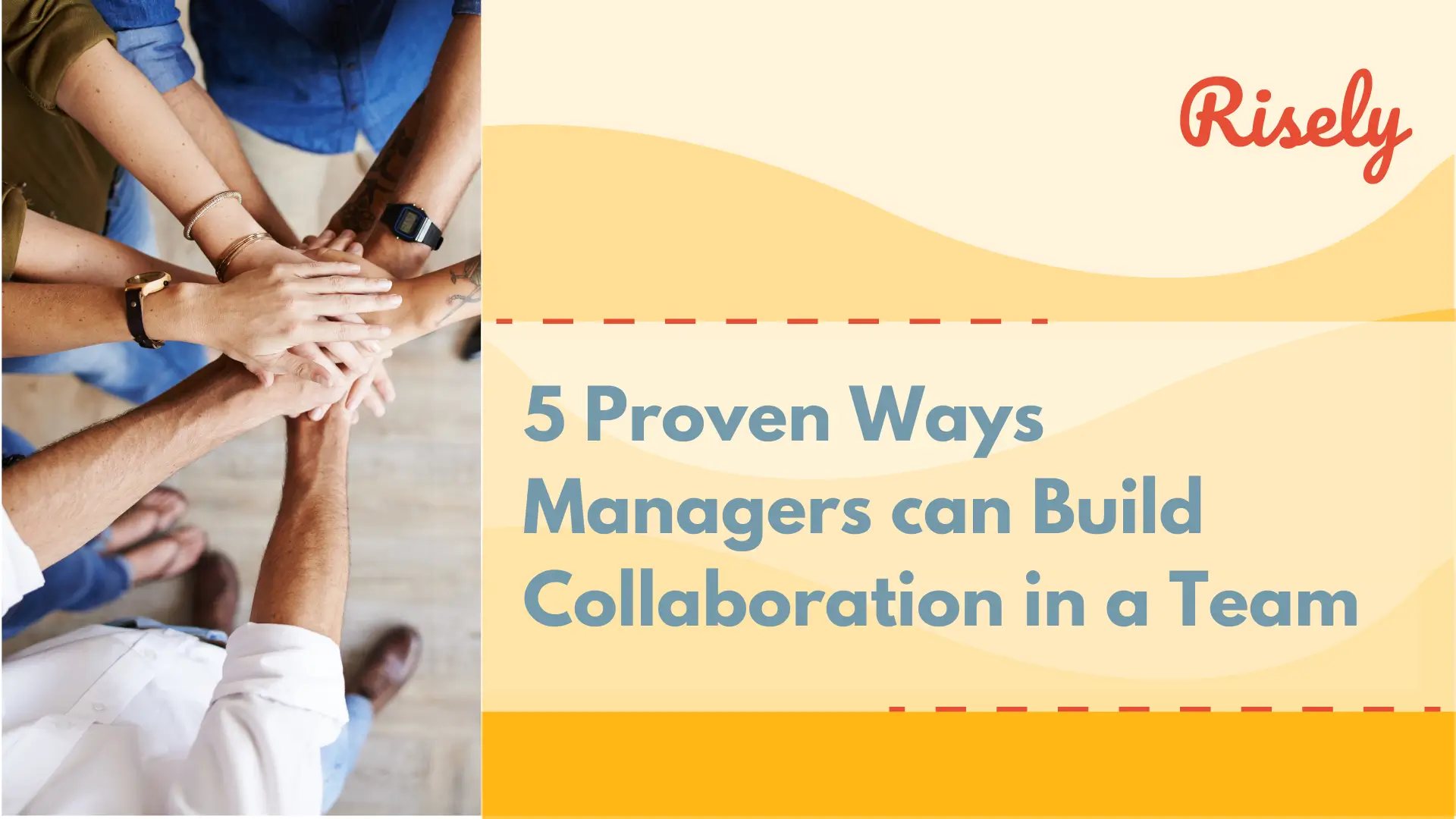11 Lifelong Learning Benefits That Fuel Personal and Professional Growth
One truth stands tall in pursuing personal growth and professional excellence – learning knows no boundaries, and its quest is ceaseless. Lifelong learning, an enduring voyage far beyond the classroom, is key to unlocking a world of boundless opportunities and continuous self-improvement. In a rapidly changing world, embracing change and staying agile is paramount. Lifelong learning benefits equip us with the skills and knowledge to navigate uncharted waters, empowering us to thrive amidst challenges and confidently seize new opportunities.What is lifelong learning?
Lifelong learning is the continuous and voluntary pursuit of knowledge, skills, and personal development. It goes beyond formal education and extends into various aspects of life, including work, hobbies, and personal interests. The concept of lifelong learning recognizes that learning does not end with formal schooling but is a lifelong journey that enriches individuals intellectually, emotionally, and socially. It involves being open to new ideas, seeking new experiences, and actively engaging in learning opportunities to adapt to a rapidly changing world. Lifelong learning can take various forms, such as attending workshops, webinars, or seminars, pursuing higher education, reading books and articles, participating in online courses, engaging in discussions with peers, and exploring new hobbies and skills.Importance of lifelong learning
The importance of lifelong learning cannot be overstated. It is a key factor in personal and professional growth and in adapting to the ever-changing world. Here are some reasons why lifelong learning is crucial:- Adapting to change: Lifelong learning equips individuals with the skills and knowledge to adapt to technological advancements, industry shifts, and changing job market demands.
- Remaining relevant: In a rapidly evolving world, staying current with new developments and best practices is essential in one’s profession.
- Professional growth: Lifelong learning opens doors to new opportunities, promotions, and career advancements. It helps individuals stay competitive in their fields.
- Problem-solving and critical thinking: Continuously learning nurtures problem-solving and critical thinking abilities, enabling individuals to tackle challenges effectively.
- Boosting creativity: Exposure to diverse topics and perspectives through lifelong learning sparks creativity and innovation.
- Enhancing communication skills: Learning new subjects and engaging with others in educational settings enhances communication skills and fosters meaningful connections.
Other Interesting Reads
11 Lifelong learning benefits
Lifelong learning offers a plethora of profound benefits that encompass personal, professional, and societal dimensions. Let’s explore the lifelong learning benefits:- Continuous personal growth: Lifelong learning is a journey of self-discovery and personal growth. It allows individuals to explore their interests, passions, and strengths, leading to a deeper understanding of themselves and their potential.
- Adaptability and resilience: In today’s dynamic world, the ability to adapt is paramount. Lifelong learners embrace change with agility, as they are accustomed to acquiring new skills and knowledge to meet evolving challenges.
- Improved cognitive function: Engaging in lifelong learning keeps the brain active, promoting mental agility and reducing the risk of cognitive decline and age-related conditions like dementia.
- Enhanced problem-solving skills: Lifelong learners develop strong critical thinking and problem-solving abilities. They can analyze complex situations, identify solutions, and make well-informed decisions.
- Boosted confidence and self-efficacy: Acquiring new skills and knowledge enhances self-confidence. Lifelong learners feel empowered to take on challenges, overcome obstacles, and achieve their goals.
- Career advancement and employability: Continuous learning improves employability, making individuals more attractive to employers seeking versatile and adaptable professionals. Lifelong learners are better positioned for career advancement and job transitions.
- Enhanced creativity and innovation: Exposure to diverse ideas and perspectives stimulates creativity. Lifelong learners are more likely to think outside the box, driving innovation and contributing fresh ideas to their work and communities.
- Networking and social connections: Participating in learning activities provides opportunities to network with like-minded individuals, leading to valuable social connections and potential collaborations.
- Increased job satisfaction and engagement: Lifelong learners often find greater job satisfaction because their growth is aligned with their work and personal aspirations. They are more engaged in tasks, contributing to a positive work environment.
- Sense of purpose and fulfillment: Lifelong learners experience a sense of purpose as they continually strive for improvement and achievement. The pursuit of knowledge and growth contributes to a fulfilling and meaningful life.
- Reskilling and upskilling for the future: In an era of rapid technological advancements and automation, lifelong learning ensures individuals remain relevant and adaptable in the job market.
How can managers adopt a lifelong learning mindset in their team?
Adopting a lifelong learning mindset in a team starts with the manager’s commitment to fostering a culture of continuous growth and development. Here are some strategies managers can use to encourage lifelong learning among their team members:- Lead by example: Managers should demonstrate their commitment to lifelong learning by actively engaging in learning opportunities. Share your experiences and insights from workshops, courses, or books with your team to inspire them.
- Set clear expectations: Communicate the importance of continuous learning to your team and set clear expectations that lifelong learning is encouraged, valued, and supported within the organization.
- Personalized learning plans: Work with each team member to create personalized learning plans aligned with their goals and career aspirations. Discuss the skills they want to develop and support their learning journey accordingly.
- Encourage collaboration and knowledge sharing: Foster a culture of collaboration where team members share their learning experiences and insights with one another. This can be done through regular team meetings, knowledge-sharing sessions, or virtual platforms.
- Offer mentorship and coaching: Encourage experienced team members to mentor junior colleagues and provide coaching to help them grow. This peer-to-peer learning enhances both the mentor’s and mentee’s skills.
- Recognize and celebrate learning achievements: Acknowledge and celebrate team members’ learning achievements. Recognition and appreciation for their efforts can motivate them to pursue further learning.
- Use learning as part of performance reviews: Integrate learning and development goals into the performance review process. Encourage employees to set learning objectives and track their progress.
- Provide regular feedback: Offer constructive and positive feedback on the progress of team members’ learning journeys. Provide encouragement and guidance to help them overcome obstacles and stay motivated.
Conclusion
As we draw the curtains on our exploration of lifelong learning benefits, one undeniable truth emerges – pursuing knowledge is an enriching journey that knows no end. Lifelong learning, a timeless odyssey of growth and discovery, offers myriad rewards that transcend boundaries and transform lives. Throughout this blog, we have witnessed the impact of embracing lifelong learning benefits. From sharpening cognitive abilities to fostering adaptability and resilience, continuous learning empowers individuals to navigate the ever-changing tides of life with grace and tenacity. Lifelong learning is a beacon of inspiration, kindling creativity and innovation within us. It ignites the flames of curiosity, encouraging us to seek knowledge from all corners of the world, bridging cultures, and broadening perspectives.Calling all managers!
Discover the incredible benefits of lifelong learning and how it fuels collaboration.
Take the free collaboration assessment to enhance teamwork, communication, and success.
Frequently Asked Questions
What is lifelong learning, and why is it important?
Lifelong learning is the continuous and voluntary pursuit of knowledge, skills, and personal development throughout one’s life. Lifelong learning is crucial because it empowers individuals to stay relevant in a rapidly changing world. It enhances adaptability, fosters creativity, and boosts career prospects.
What is the powerful benefits of lifelong learning?
Lifelong learning benefits are:
1. Enhanced Adaptability: Lifelong learners are agile and resilient, easily adapting to new situations.
2. Continued Personal Growth: Learning fosters personal development, enriching life experiences.
3. Career Advancement: Continuous learning improves employability and opens doors to new opportunities.
1. Enhanced Adaptability: Lifelong learners are agile and resilient, easily adapting to new situations.
2. Continued Personal Growth: Learning fosters personal development, enriching life experiences.
3. Career Advancement: Continuous learning improves employability and opens doors to new opportunities.
Why lifelong learning is the key to success?
Lifelong learning is the foundation of success, empowering individuals to evolve, learn from failures, and seize opportunities.
Why is lifelong learning important for personal growth?
Lifelong learning nurtures personal growth by promoting curiosity, self-awareness, and self-improvement. It helps individuals discover their passions, explore interests, and expand their horizons.
Other Related Blogs
5 Proven Ways Managers can Build Collaboration in a Team
5 Proven Ways Managers can Build Collaboration in a Team In today’s fast-paced world, team collaboration is the key to success. But, not all workplaces are conducive to collaborative teams.…
12 Ways to Build a Growth Mindset and Succeed in Your Career
12 Ways to Build a Growth Mindset and Succeed in Your Career A growth mindset is a mindset that believes you can achieve anything you put your mind to. And…
Human Skills for Managers: The Top 10 Explained with Examples and Tips
Human Skills for Managers: The Top 10 Explained with Examples and Tips As a manager, you are responsible for ensuring that your team is productive and meeting customer demands. But…
What Does Effective Communication During A Crisis Entail? 10 Best Practices
What Does Effective Communication During A Crisis Entail? 10 Best Practices Have you ever wondered how some organizations navigate crises with grace and resilience? What sets them apart during those…


